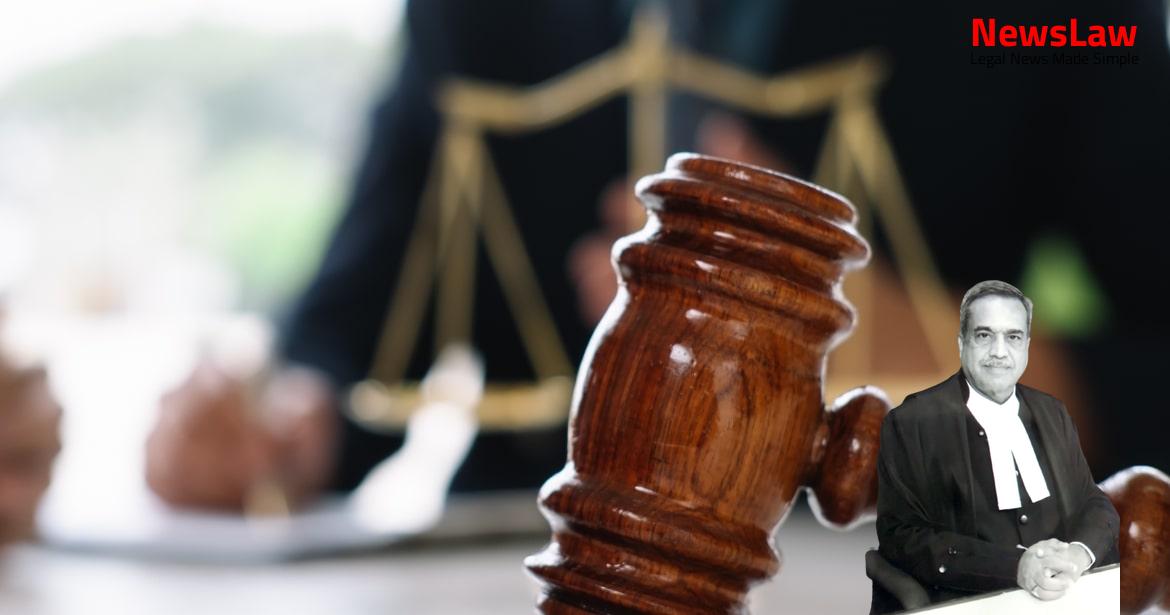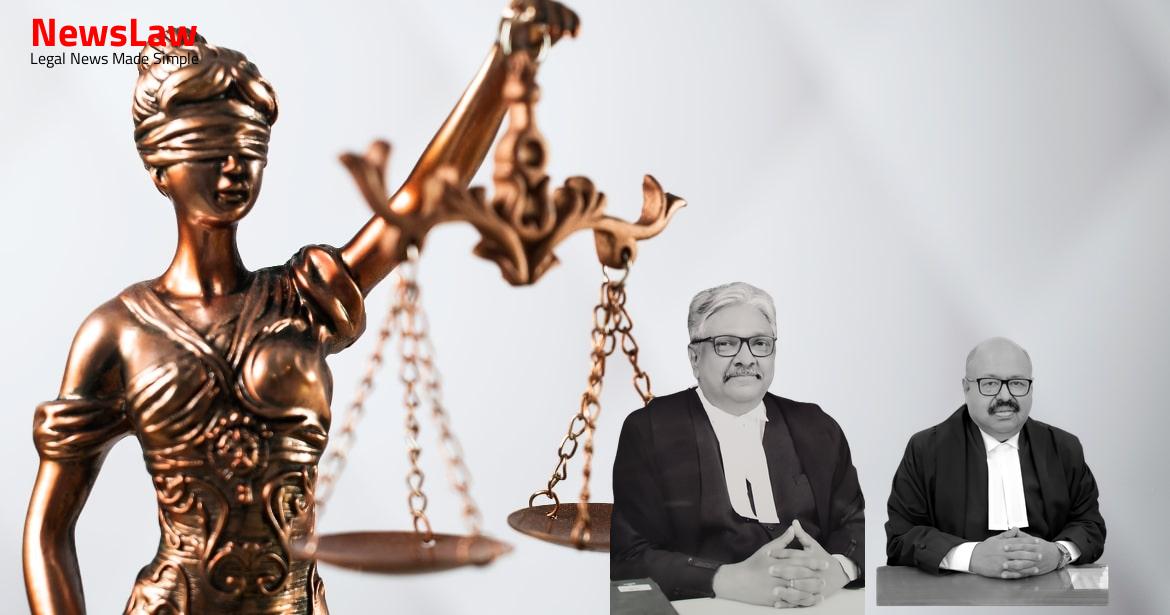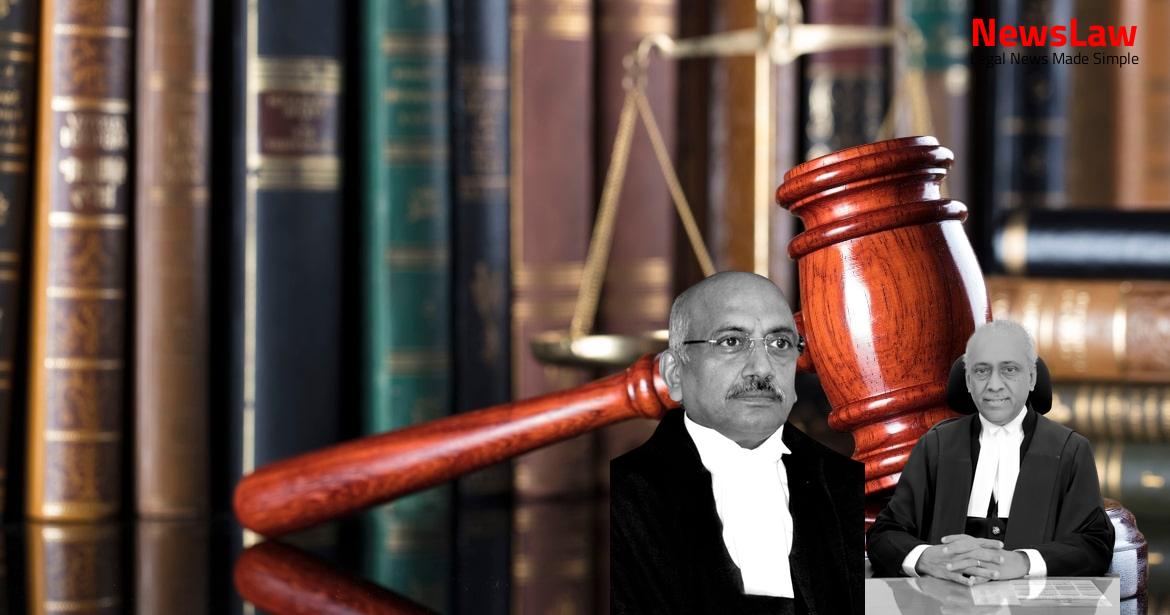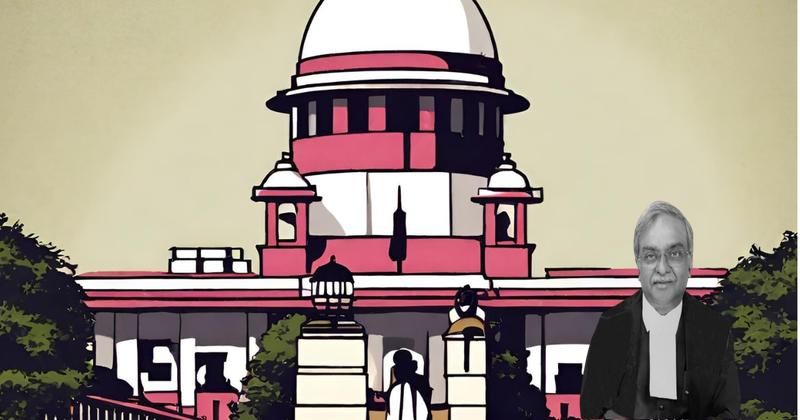In a recent legal case, the court emphasized the importance of ensuring accountability in the ex-gratia claim process by implementing measures such as random sample scrutiny and fixed time limits. The court’s legal analysis focused on holding false claimants accountable under the Disaster Management Act, 2005, highlighting the significance of maintaining integrity and transparency in the compensation process for COVID-19 victims.
Facts
- Central agency permitted to undertake sample scrutiny of claimed documents processed by State Governments for ex gratia payment
- Time limit of four weeks declared for existing eligible claimants to lodge their claims
- Four weeks time period also provided for claimants who may become eligible in the future
Also Read: Ruling on Circumstantial Evidence in Murder Case
Arguments
- Submission that making a false claim for relief under the Disaster Management Act, 2005 is punishable
- Prayer for audit or random scrutiny of claim applications in States
- Request to determine deadline for claimants of persons who died due to COVID-19 to make claims
- Concerns raised about possibility of false claims if no time limit is fixed
- Suggestion by Solicitor General to fix deadline of four weeks for claims
- Information that approximately 7,38,610 claims have been received by States for ex-gratia compensation
- Approximately 7,38,610 claims have been received as of now, making it difficult to verify each one individually.
- The family members need reasonable time to recover from the loss and file their claims.
- It has been more than nine months since the first judgment and over four months since the subsequent judgment, leading to a large number of claims.
- It is suggested by the Solicitor General that all genuine claimants must have already approached the authorities to establish their claims.
- However, the four weeks’ time suggested for verification is considered too short.
- States like Kerala, Andhra Pradesh, and Maharashtra support the idea of random sample scrutiny to identify false claimants.
- There is a concern that without a fixed outer time limit, the process of claim submission could continue endlessly, leading to false claims.
Also Read: Challenging Legal Presumptions in Negotiable Instrument Cases
Analysis
- For future deaths, 90 days provided from date of death to file claim for compensation
- Ex-gratia of Rs. 50,000 for kin/family members of COVID-19 victims
- Misuse of compensation is prohibited and unethical
- Outer limit of 60 days set to file claims for deaths before 20.03.2022
- Claims processing and actual payment within 30 days of claim receipt
- Wide publicity of order through print/electronic media
- Claimants facing extreme hardship can approach Grievance Redressal Committee
- Grievance Redressal Committee to consider late claims on a case-by-case basis
- Ministries directed to ensure implementation of the order
- In cases of submitting fake claims or false certificates for obtaining compensation, it is considered a punishable offense under Section 52 of the Act, 2005.
- Section 52 of the Act states that knowingly making a false claim to obtain relief, assistance, repair, or other benefits after a disaster is punishable.
- The punishment for such an offense can result in imprisonment for up to two years and a fine.
Also Read: Legal Analysis Critique in High Court’s Quashing Order
Decision
- States directed to assist in scrutiny of claim applications and submit particulars to Ministry of Health and Family Welfare
- Ministry to carry out scrutiny within three months and submit report to the Court
- Fake claims to be considered under Section 52 of the Act, 2005
- Start with random scrutiny of 5% of claim applications in Andhra Pradesh, Gujarat, Kerala, and Maharashtra
- NDMA/Union of India permitted to carry out random scrutiny
Case Title: GAURAV KUMAR BANSAL Vs. UNION OF INDIA (2022 INSC 343)
Case Number: MA-001805 / 2021



